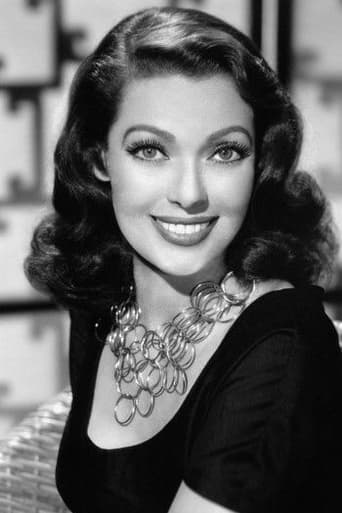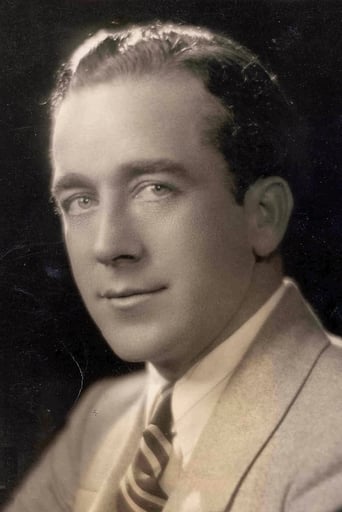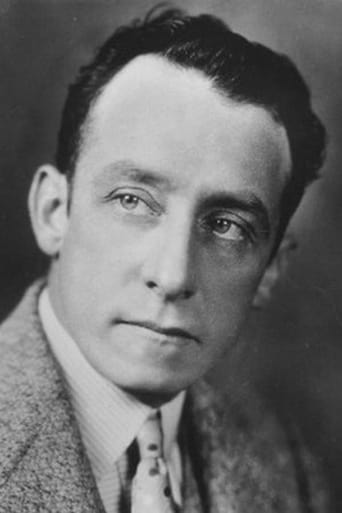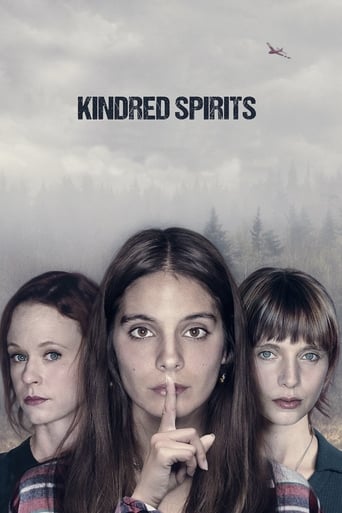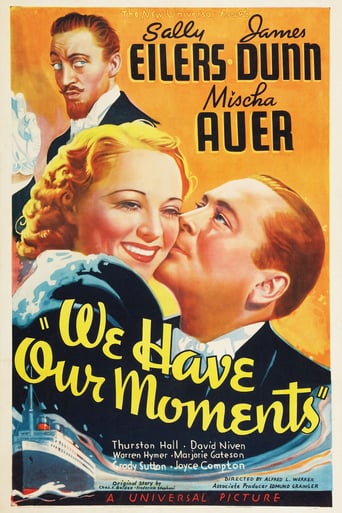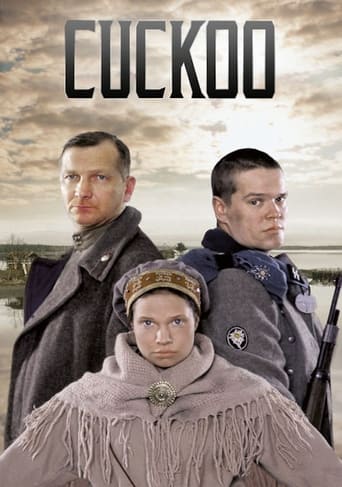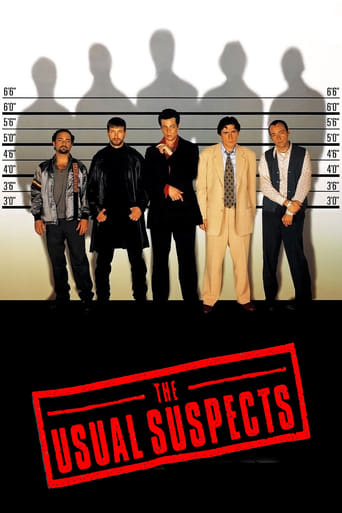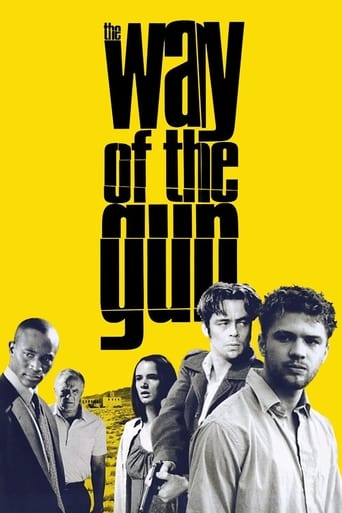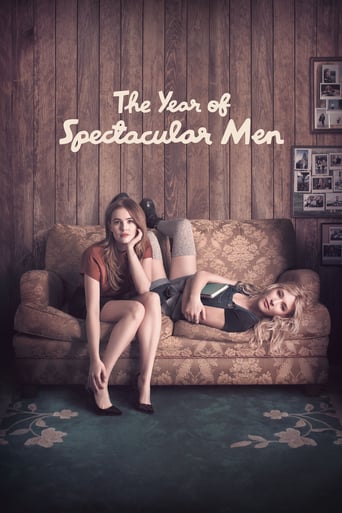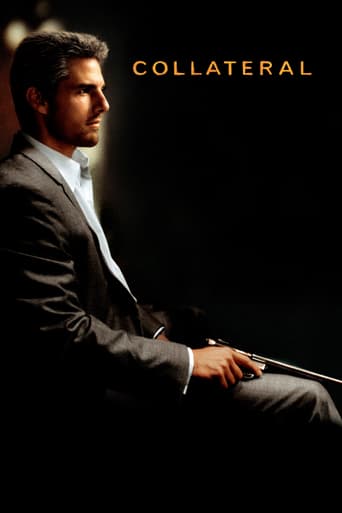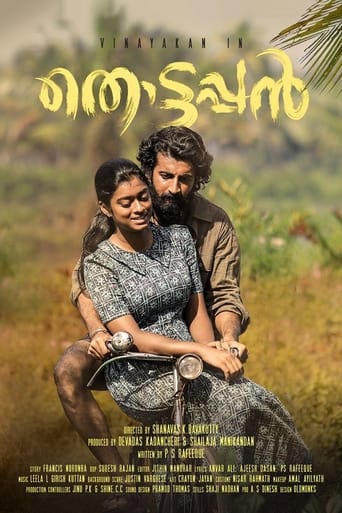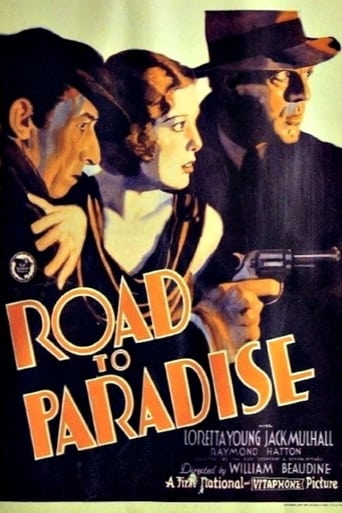
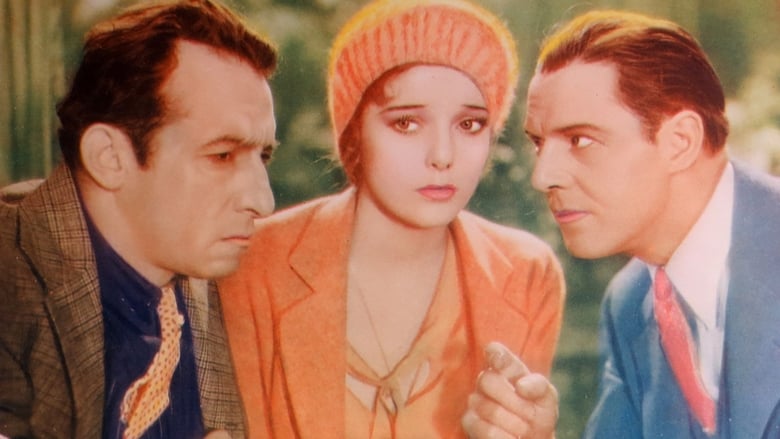
Road to Paradise (1930)
Loretta Young plays dual roles in this 1930 crime drama about a young thief planning to steal jewels from a wealthy socialite.
Watch Trailer
Cast


Similar titles
Reviews
Very disappointing...
Simply A Masterpiece
This story has more twists and turns than a second-rate soap opera.
It is an exhilarating, distressing, funny and profound film, with one of the more memorable film scores in years,
There was a reason Loretta Young's career lasted five decades - it wasn't just her dazzling beauty but had to do with her steely and ruthless determination. By 1930 First National saw her as an extremely decorative leading lady and it was only towards the end of her contract that she was given roles of more depth ("Life Begins", "Heroes for Sale" etc). Just before "Road to Paradise" she met the man who gave her the nickname of "the steel butterfly" - her luckless first husband, Grant Withers. In 1930 he was one of First National's hopeful future stars but his career fizzled out whereas Loretta's went ahead by leaps and bounds which was one of the reasons the marriage failed. This film, based on the Broadway play cornered which opened in 1920 to a respectable 143 performances and starred Madge Kennedy, gave Loretta a chance to play twins but there was not a lot of character differentiation, it was done so much better by Norma Shearer in a similarly plotted film "Lady of the Night" (1925).Beautiful Mary Brennan has been bought up by a couple of small time criminals but has always been guided by an inner core of honesty. One night at a club they come across a slumming party of society types and Jerry "the Gent" is amazed to see that the young heiress, Margaret Waring, is the mirror image of Mary. They make plans, with Mary in tow, to rob the house but a curious cop throws a spanner in the works which sees the "dynamic duo" stranded on the roof and Mary caught in the house. Of course she is taken for Margaret, especially by Margaret's boyfriend George (the ever reliable Jack Mulhall) who finds the "new" Margaret a warmer and more loving person but the real one comes home unexpectedly, is injured in the crossfire and the rest of the film is taken up with determining just who is who!!!This was an interesting take on the "drawing room dramas" that abounded in the very early days of sound. Most of the action took place in the bedroom but it was all very innocent. There was a quick intake of breath when the suspicious sergeant (good old Purnell Pratt) asked her to open the safe as "Margaret" was the only person who knew the combination but Mary with the aid of mental telephony (of course!!) is able to read the numbers from Margaret's mind!! When Margaret pulls through there are no recriminations or calls for the constable (it all had to be wrapped up in 5 minutes) - no! Margaret already knew she had a twin, she could also read minds, had a similar locket and had been searching for Mary for a year!! In fact Mary's consumptive guardian (good old Raymond Hackett) was completely forgotten about. With all the problems of script and story, the only complaint the critics had was Loretta's over clear diction. Considering that the year before, Hollywood was importing stage stars ahead of screen favourites, that nit picking seems weird to me!!
There is nothing of highways or of heaven in this film, so I don't know why it was named as it was. Loretta Young plays a foundling raised by a couple of thieves who decide to rob rich girl Margaret Waring, who looks just like Loretta's character, Mary Brennan, trading on the fact that the two are physically identical. Unfortunately once inside the rich girl's darkened mansion things begin to go awry. The rich girl's boyfriend shows up (Jack Mulhall) and Mary must make him believe she is the real thing - she does all too good a job of it. Then the real Margaret Waring reappears at the house unexpectedly, there's a shooting, Mary's accomplices desert her, and the police arrive at the scene to find two Margaret Warings, one of whom is unconscious.So what's goofy about the plot besides what I've mentioned? Well, there's a rather far-fetched mind reading plot device that figures heavily into matters, the fact that the police are examining every tree for evidence yet manage to miss the forest, and that Jack Mulhall's character can fall in love based on three sentences from someone who is - at the time - just trying to get rid of him. The whole thing is a rather suspenseful yet fun mystery/comedy of errors. It really is one of Warner's better early talkie efforts. What's really amazing here is that Loretta Young was only 17 when she made this one yet she can hold her own with any of the older leading actresses of the day that made such drawing room dramas.
"I could never understand this desire for respectability. It always seemed kind of morbid to me."So says one of two crooks who raised respectable, honest "Mary Brennan" (Loretta Young) as an orphan girl and can't understand where they went wrong in raising her! Poor Mary, though, winds up out of work and needs something, and winds up joining these guys in a scheme after they discover has an amazing twin, a rich woman named "Margaret Waring" (Young, playing two roles in this movie). These guys also discover that Mary has amazing mind-reading talents.This movie turned out to be disappointing because it got more and more ludicrous as it went on. I found the last 25 minutes extremely frustrating and an insult to anyone's intelligence. There are so many holes in this story it would make your head spin. It reminded me of the old Superman TV series, with one thing after another that had no credibility. Unlike Superman, which was fun to watch for a number of reasons, there was only one thing to keep my interest here: a young and beautiful Young. However, after admiring her looks for about a half hour, I needed the story to make some sense and keep my interest....and this made NO sense. Also, "Mary," who was supposed to be so honest, lied throughout the film. I wonder how Loretta viewed this role in latter years.
Not bad, although the love story is incredibly rushed, and there are some distracting plot holes/contrivances. For instance, when the cop finds out who Jerry 'The Gent' really is, wouldn't he be more suspicious of Mary and her connection to him? After all, she introduced Jerry as "Mr. Jones" and they clearly had a relationship. So, discovering that this guy is a criminal, (and presumably figuring that he's one of the men who broke into Margaret Waring's home), ought to make the cops question Mary/Margaret some more. Does Mary ever learn that Jerry was arrested? I also find it hard to believe that Margaret would wake up with no ill will whatsoever towards the girl who was part of a break-in which led to Margaret getting shot. Okay, fine, sisterly love, I guess. But even harder to swallow, is Margaret's statement that she *knew* she had a twin, and had been searching for her. We saw no evidence of this at the start of the movie - Margaret seems carefree, enjoying her wealth, going to parties, etc - she doesn't behave like someone on a serious mission to find her long-lost sister. Also, it's contrived that Margaret's father supposedly told her to keep the knowledge of Mary's existence, a secret, until she found her. Why? Wouldn't it be easier to locate her sister if she had, oh, I dunno, the *police* and everybody else keeping an eye out for her double? It just doesn't make sense. One more thing, how dumb is it that Mary never once thought to try to open her locket? It didn't occur to her that it *could* be opened. Even though lockets *always* have pictures inside them...I mean, come on.Oddly enough, I find these things more implausible than I do the whole psychic/mind-reading plot device! Having said all that, Loretta Young is charming and fairly natural - she doesn't overact with broad gestures as so many stars did during the rough transition between silent films and talkies. I was impressed by the technical aspects of "Road To Paradise" as well - the variety of camera angles and the trickery employed to have Mary and Margaret in the same shot. Well done, especially for such an early movie.


